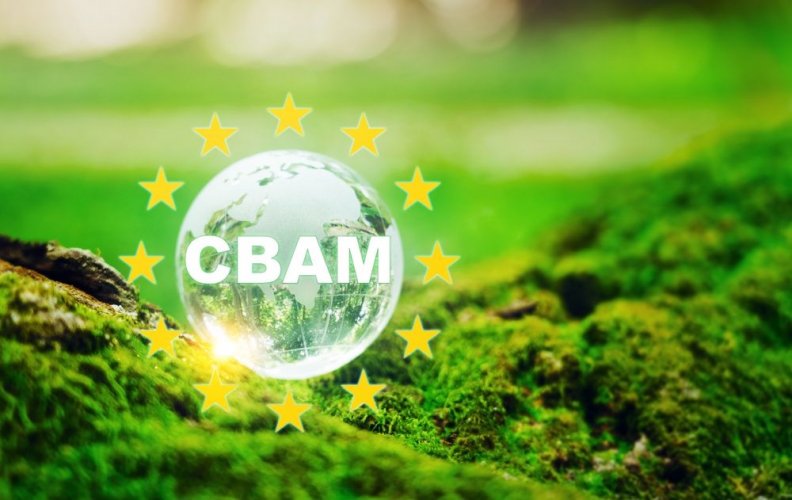On September 10, the European Parliament approved the simplification of the Carbon Border Adjustment Mechanism (CBAM).
This was reported by the European Parliament's press service on its official website.
The changes consist of setting a new minimum emission threshold for companies at 50 tons per year, which will exempt 90% of importers, mainly small and medium-sized businesses and individuals, from the CBAM carbon tax. These changes are part of the Omnibus I carbon simplification package presented in February this year.
The start of CBAM certificate purchases has been postponed from January 2026 to February 2027. The deadline for reporting emissions has been extended from May 31 to October 31 of the following year.
The European Parliament article states that the climate ambitions behind the CBAM mechanism will remain unchanged, as 99% of all carbon emissions from imports of iron, steel, aluminum, cement, and fertilizers will continue to be covered by the CBAM.
The European Union will also step up its fight against regulatory circumvention and introduce guarantees to ensure compliance with the relevant carbon benchmark.
Importers now have the right to pay the CBAM carbon tax in any third country, not just in the country of origin of the goods. In addition, the CBAM declarant may entrust the submission of reports to their representative, but the responsibility for compliance will still lie with the declarant.
EcoPolitics advises you to familiarize yourself with how the introduction of CBAM will affect the Ukrainian economy during the war, since from 2026 Ukraine will be forced to purchase CBAM certificates for the export of certain goods to the EU, but limited financial resources, rising costs, and loss of investment attractiveness will slow down the implementation of environmental standards.
At the same time, Bosnia and Herzegovina has its own vision for the introduction of CBAM and plans to introduce an emissions trading system by the end of 2025 to avoid billions in losses from carbon duties and preserve the country's exports and jobs.
The EU's CBAM carbon tax will take effect in 2026 and will levy payments on manufactured products with high CO2 emissions. However, the mechanism will have a limited impact on Ukraine's economy and will not lead to decarbonization.





